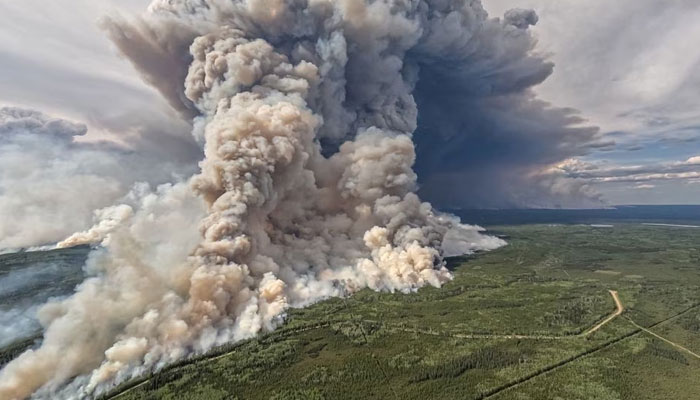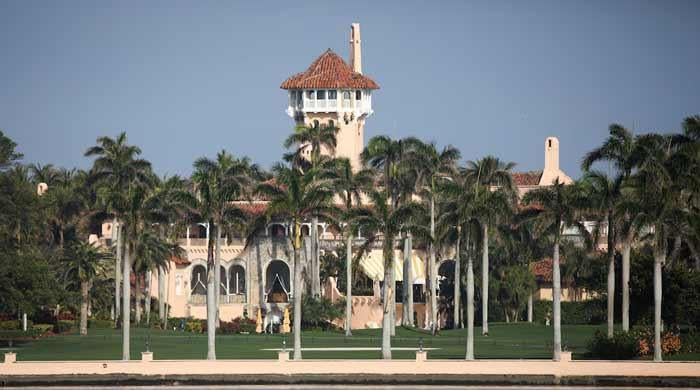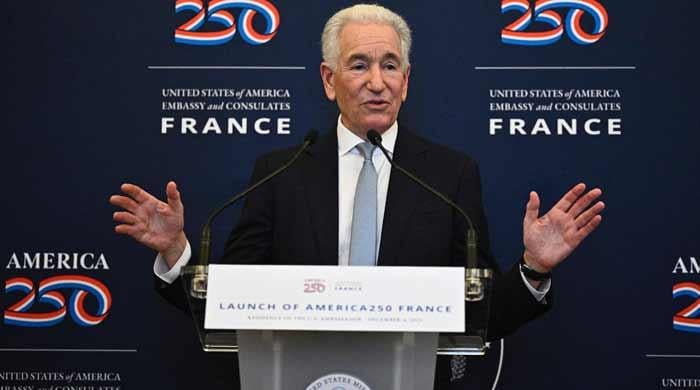Canada braces for worst-ever wildfire season as blazes engulf country
Quebec, in eastern Canada, has been particularly hard-hit, experiencing multiple fires ignited by lightning
June 06, 2023

Officials in Canada have warned that the country is on track to experience its most destructive wildfire season ever, as warm and dry conditions are expected to persist throughout the summer.
Following an unprecedented start to the fire season, blazes are currently raging in nearly all Canadian provinces and territories. Government authorities have stated that their models indicate an increased risk of wildfires in most parts of Canada until August.
Michael Norton, an official from Canada's Natural Resources Ministry, highlighted the unusual distribution of fires across the country this year. Typically, fires tend to occur on one side of the country at a time, mainly in the west.
However, the current situation is different, with fires spreading from coast to coast. Quebec, in eastern Canada, has been particularly hard-hit, experiencing multiple fires ignited by lightning. Norton expressed concern about the rate of increase in the area burned, suggesting that record levels could be reached if this trend continues.
Wildfires in eastern Canada have been rapidly spreading, leading to evacuations in the Atlantic province of Nova Scotia and coastal areas of Quebec. In response to emergency forest fire orders, the Wallbridge Mining Company temporarily evacuated a gold project camp in Quebec and halted exploration activities on its Detour-Fenelon Gold Trend Property.
Yan Boulanger, a researcher with Natural Resources Canada, emphasised the exceptional scale of burned areas seen early in the season. Over the past two decades, such extensive burning has not been observed. Boulanger attributed this trend, at least in part, to climate change, noting a general increase in burned areas throughout Canada.
As of Sunday, approximately 3.3 million hectares of land had already been consumed by wildfires, which is about 13 times the ten-year average. The devastating fires have forced over 120,000 people to evacuate their homes temporarily. Besides the loss of property and homes, wildfires have impacted oil and gas production in Alberta, the primary crude-producing province, and caused air pollution in both Canada and the United States. Wildfires rank as the second most expensive disaster in Canada, surpassed only by flooding.
Speaking at a news conference in Ottawa, Prime Minister Justin Trudeau expressed sympathy for those affected by the wildfires, acknowledging the emotional toll of losing homes and cherished memories. Currently, there are 413 active wildfires, with 249 of them considered out of control. Approximately 26,000 individuals across Canada are under evacuation orders, and the situation remains alarming for many communities facing the devastating consequences of the ongoing wildfire crisis.











